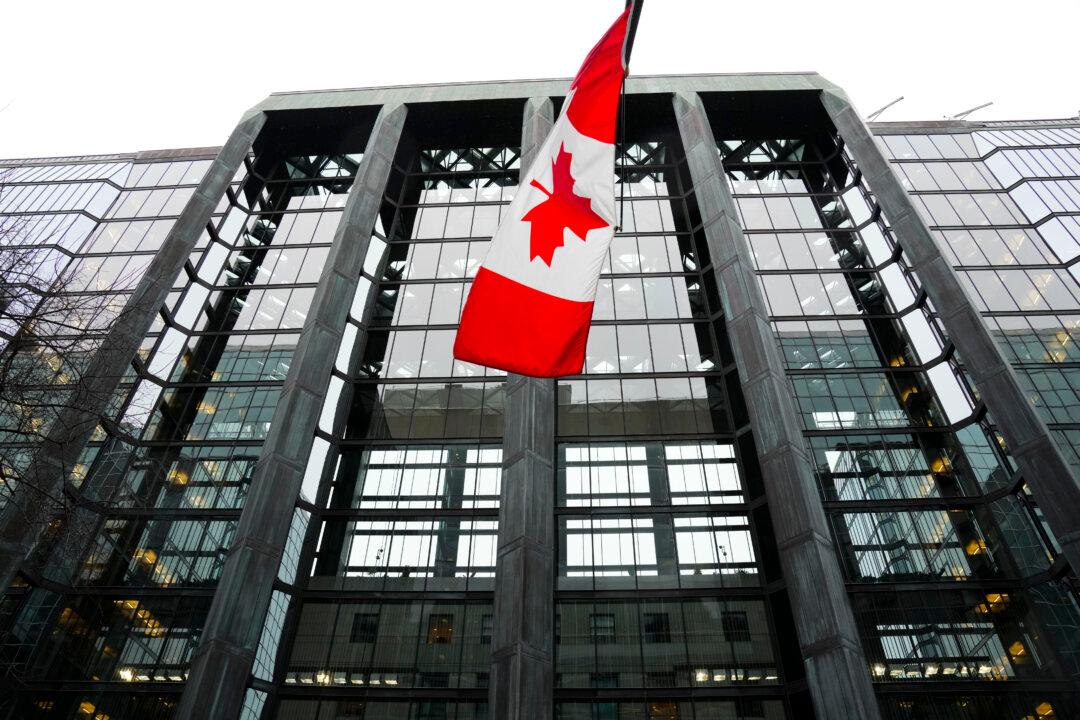A former governor of the Bank of Canada is warning that, in the coming years, Canadians at every level of society will be facing financial challenges and making sacrifices.
“However unpalatable such curtailment may be, failure to invest in adaptation will condemn Canadians to a much more unpleasant future,” David Dodge told the House of Commons finance committee on Sept. 25.





